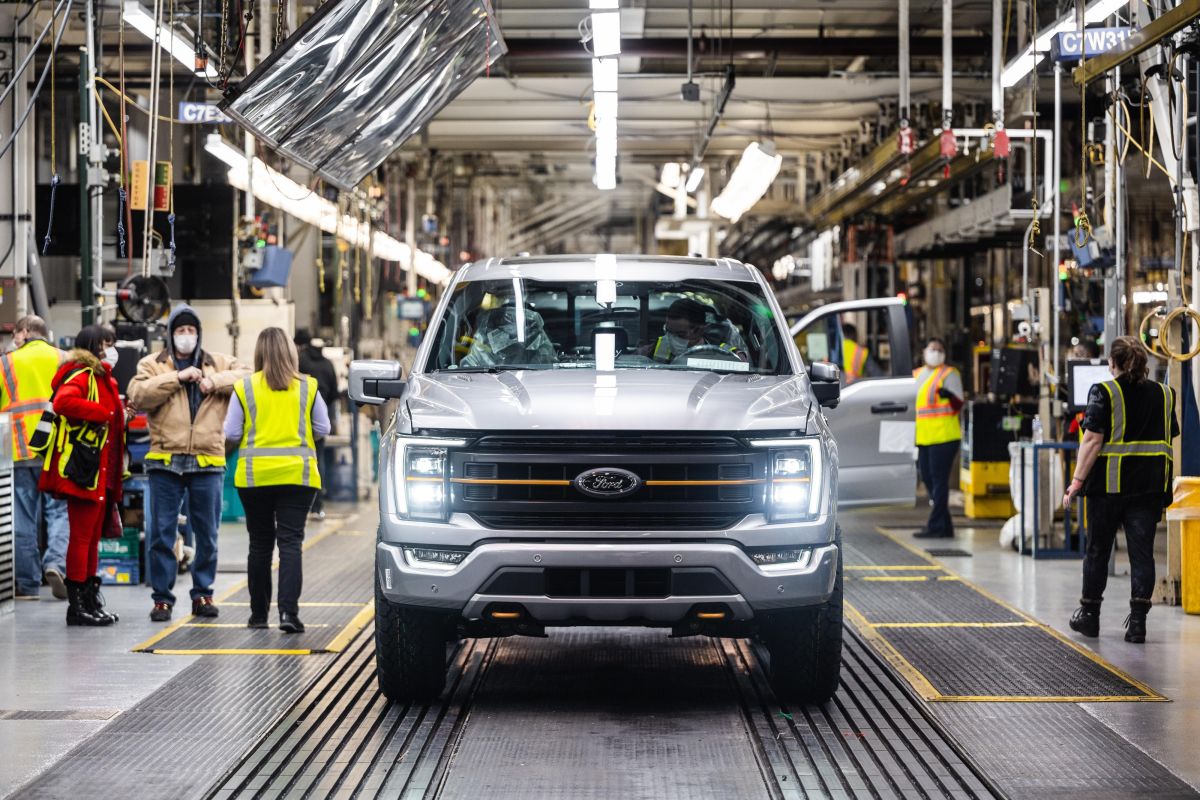The U.S. auto industry is seeing a major shift as leading automakers delay electric vehicle rollouts and shift investment toward gasoline and hybrid models due to lower-than-expected EV demand and evolving federal policies.
On Feb. 18, the Detroit Free Press confirmed that Ford Motor Co. will postpone the next generation of its F-150 gasoline and hybrid pickups by one year, extending production of the current model until at least April 2028. Ford spokesman Mike Levine declined to comment on the report, stating, “We don’t comment on speculation about future products.”
According to Sam Fiorani, vice president of global vehicle forecasting at Auto Forecast Solutions, the delay is part of a broader industry trend.
“Money is shifting around, and the next-generation internal combustion engine vehicles have gone back in the plan, while EVs are being delayed across the Detroit Three,” he told the Free Press.
While Ford's decision is the most visible, Fiorani noted "a significant number of vehicles" across the industry are being delayed, though he did not specify which models due to proprietary information. A source familiar with General Motors' plans denied that the automaker has made adjustments, though GM spokesman Kevin Kelly declined to comment on future product plans. Stellantis did not provide a statement.
The shift in strategy comes as EV demand, while growing, has not met industry projections, forcing automakers to reconsider their development priorities. Ford, for instance, had planned a next-generation high-performance F-150 Lightning EV but is now prioritizing enhancements to its gasoline-powered F-150 instead.
Fiorani also noted that upcoming changes to emissions regulations could further shape the market. Former President Joe Biden previously set a target for 50% of passenger car and light truck sales to be zero-emission by 2030, but President Donald Trump rescinded the policy upon taking office. Fiorani predicts future adjustments under a Trump administration would likely ease emissions regulations, making gasoline-powered vehicles, including V8 engines, more viable for automakers.
While new EVs are still expected to enter the market, they will do so at lower volumes than previously planned. Meanwhile, aging vehicle models could lead to increased sales incentives for consumers as automakers navigate this industry-wide transition.













